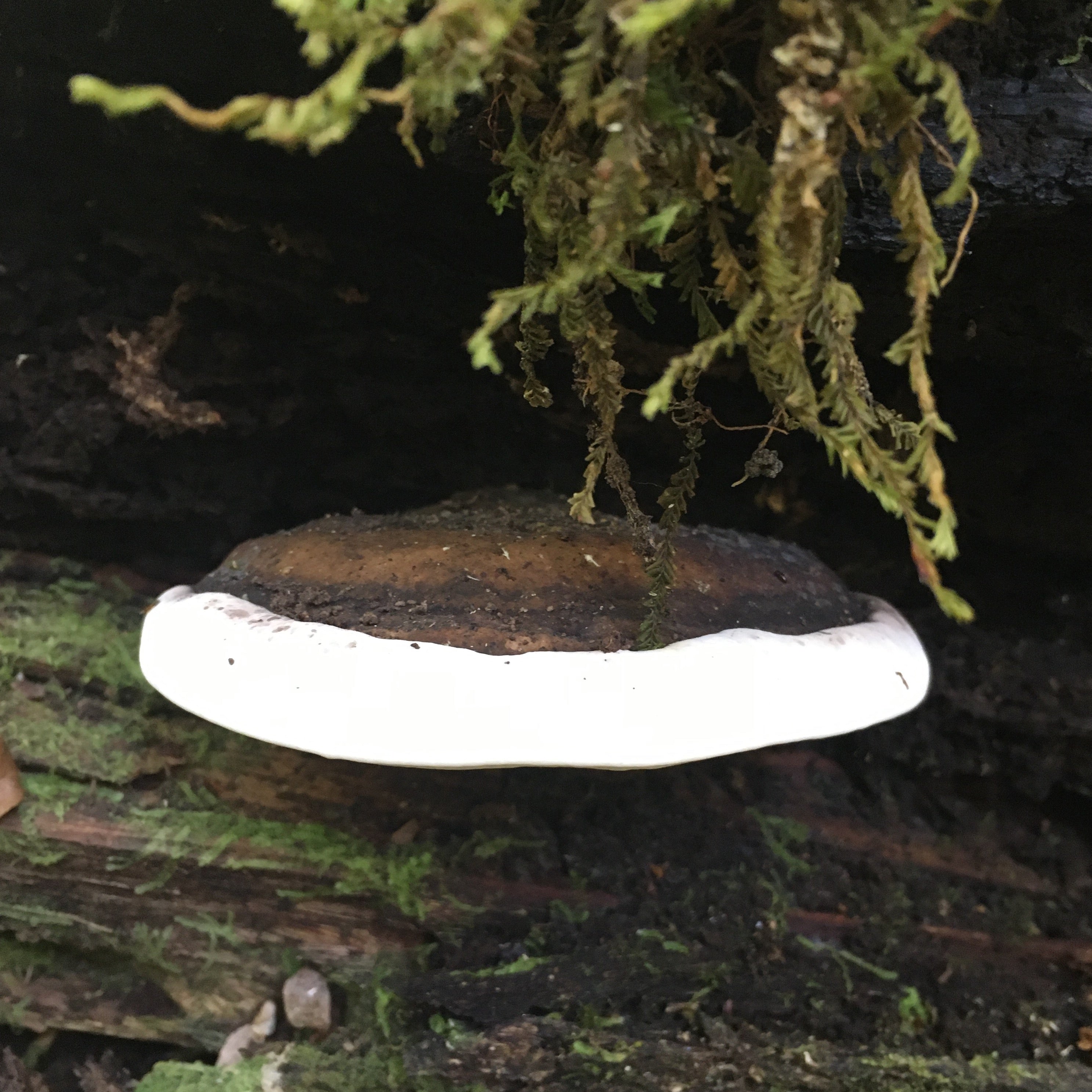Contrary to our recent history of the war against microbes – cleaners that kill 99% germs, pesticides, herbicides and weed killers (otherwise classified as antibiotics) on our food and in our soil, and not to mention the over-use of medical antibiotics - we are discovering that more and more of our world is not only made up of microbes but our symbiotic nature depends upon them for our overall wellbeing. Popular science tells us that we are 10 times more microbial life than we are human, however that rough estimate was only true of the life inside a human colon. It is because our gut health is central to our overall wellbeing that makes this information important.
Naturopaths and holistic practitioners alike work with the foundational knowledge that virtually all of our symptoms of imbalance can be traced back to our gut health. That is why we have no problem asking you about your bowels, we are curious to know how the microbiome of your gut is influencing your immunity, energy, sleep, skin, mood - your everything. The war against microbes has become a war against our own innate immunity and ability to thrive. We are now in the process of reconciliation.
A strong gut microbiome means a diverse colony of beneficial bacteria living in not only the large intestine but also the small intestine. A balanced ecosystem of beneficial bacteria is a highly nuanced system of metabolism, assimilation and absorption of nutrients, as well as a system of resilience and defense. The microbiome maintains the integrity of the gut lining which is our main barrier between our internal body and the external environment. When this barrier is compromised it becomes permeable, leading to a cascade of next level defense – inflammation.
What causes the breakdown of this barrier? There are many contributing factors that include poor food choices like highly refined low fiber carbohydrates, processed and packaged foods, non-organic produce, excessive alcohol consumption, or long-term antibiotic use. However, the major causal factor that is overlooked is stress. When the body is chronically stressed the nervous system is on high alert, the sympathetic mode of fight, flight, or freeze. This draws the blood away from the core internal organs, including the gut, in order to provide hyper-vigilance to the musculoskeletal system, the brain, heart and lungs, in order to run.
In the rest, digest and repair state of the parasympathetic nervous system, the blood flow returns to the deeper organs of the gut to give time and energy into repair. Within the gut lining we have goblet cells that produce mucin, the slimy nutrient-rich mucous that creates a home and food for our beneficial microbial life. Goblet cells also present antigens from the intestinal tract to the immunity T-regulator cells as part of our defence system. When we are stressed these cells cease to produce mucin, thus cutting of the home and food supply of our beneficial gut bacteria. Less mucin production leads to a weaker microbiome, opportunity for pathogenic microbes to move in, a higher inflammatory response and less serotonin in the gut as tryptophan is produced by beneficial gut bacteria.
This leads us to why the microbiome is so important for balancing neurochemicals that we tend to think of as only in the brain. The gut produces a significant amount of serotonin, which supports mood and ability to reside in the parasympathetic state of rest and repair. Your gut-brain is obviously influenced by the food you eat, more than this, it is influenced by the state you are in when you eat. Do you eat on the run? Do you eat when you are not even hungry out of habit? Do you feel satisfied after your meals? The key here is actively unwinding into the rest and digest nervous system so that your gut can fully digest, assimilate and absorb nutrients, and your gut-brain can release all of those feel good neurochemicals. Happy microbiome = Happy human.
SIMPLE WAYS TO SUPPORT YOUR MICROBIOME…
Eat cultured food – Every day have a little fermented food including sauerkraut, kimchi, kombucha, miso, kefir, coconut yoghurt, tempeh.
Contact earth - Gardeners, farmers and people living off the land with contact to the dirt have a greater diversity of the microbiome.
Aerobic movement - Exercise improves good bacteria diversity and neurochemical regulation of the gut.
Remedies - Slippery elm, marshmallow root, medicinal mushrooms, aloe vera and chamomile are soothing herbs and funghi that nourish and support your gut microbiome.
And last, but certainly not least...
Rest and Digest – Be still and enjoy the sensorial delight of each meal. Chew, more than you think you should. Breathe deeply, eat slowly. Take your time. Let yourself fully experience the pleasure of eating.
Happy human = Happy microbiome.


